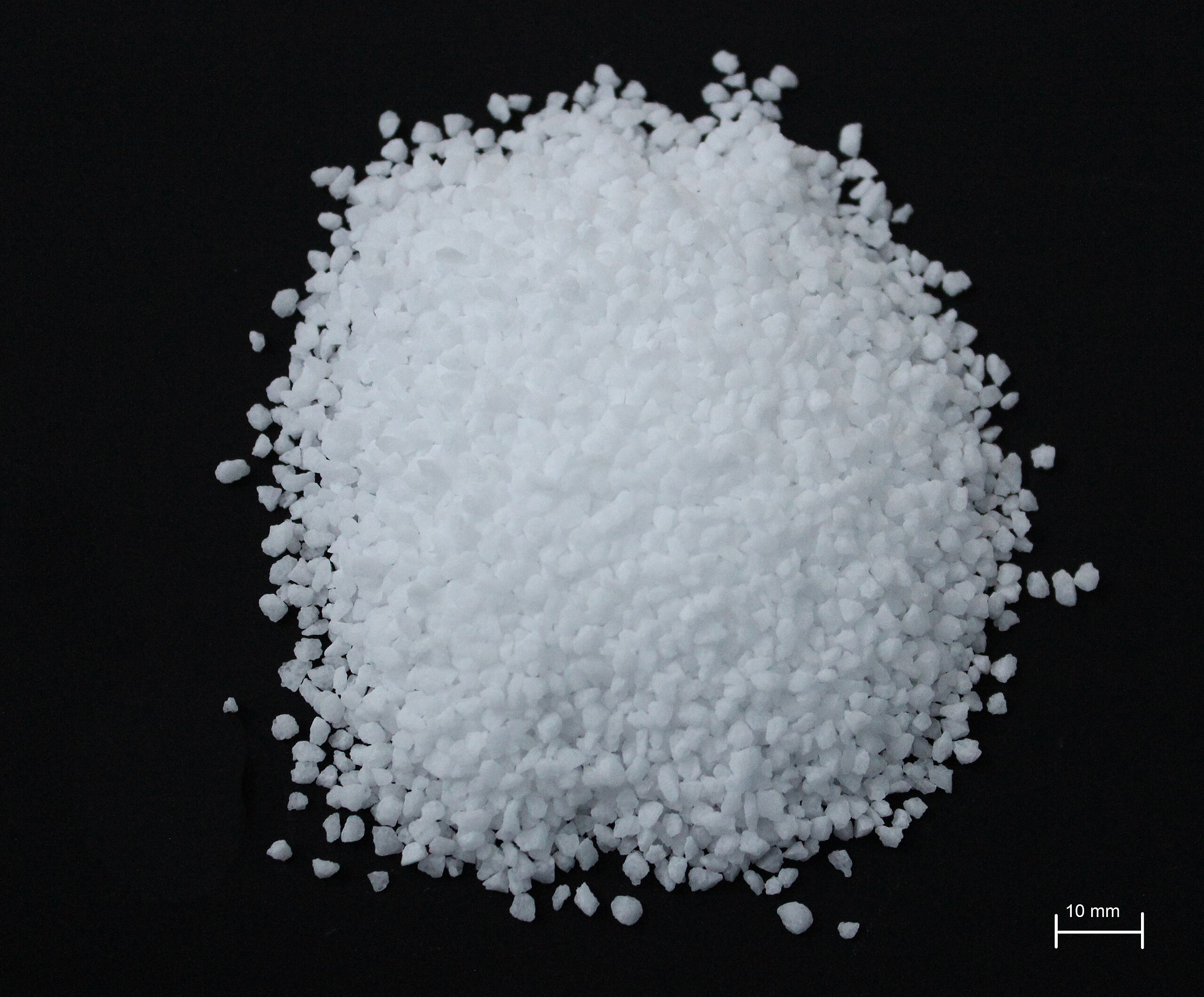Nutrition for Salt
Calories, Protein, Vitamins and More
Salt Nutrition Summary
One teaspoon of salt (6 grams or 0.21 oz) contains zero calories and zero grams of protein. Salt consist of and less than 1% of water, carbohydrates, protein or total fat.In one teaspoon of salt:
- Sodium: 2325.5 mg
See the Salt Nutrition Chart for complete recommended daily values.
The specific nutritional values from USDA is for: Salt, table.
Calories in Salt
Salt has zero calories in 1 teaspoon.Calories from Fat
Salt contains no fat.
Salt is cholesterol free and trans-fat free.
Salt is cholesterol free and trans-fat free.
Vitamins and Minerals in Salt
Salt is not known for its vitamin and minerals, but still contain trace amounts of a few nutrients.Minerals in salt (1 tsp):
- Calcium: 1.4 mg
- Potassium: 0.5 mg
- Iron: < 0.1 mg
- Magnesium: 0.1 mg
- Zinc: < 0.1 mg
- Selenium: < 0.1 ug
- Manganese: < 0.1 mg
